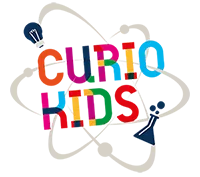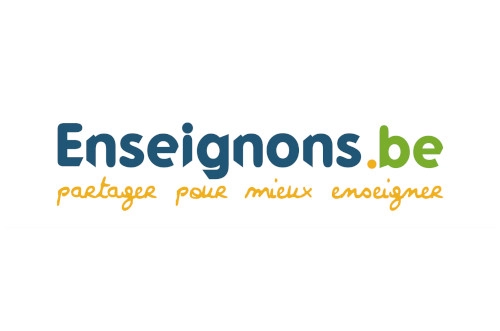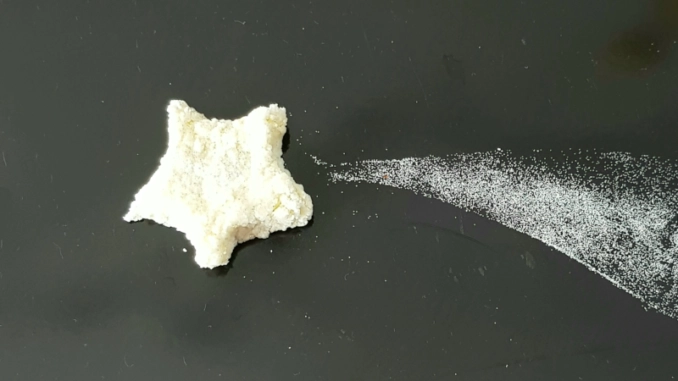
Did you know that plastic can also be produced from natural resources? The best example is milk! Milk proteins, huge molecules like those in plastics, can, under certain conditions, agglomerate to form a solid.
You will need:
- A glass of whole or semi-skimmed milk
- A saucepan
- 3 tablespoons of white vinegar
- A spoon
- Cheesecloth
The presence of an adult is recommended for the use of stove.
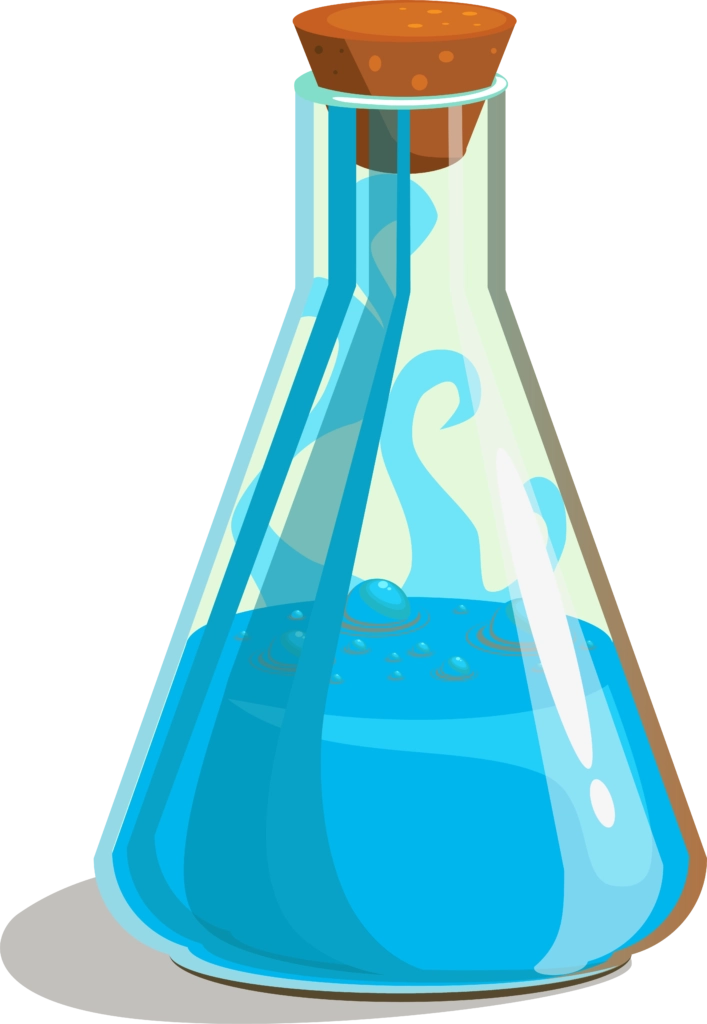
From 7 years old

Difficulty : medium
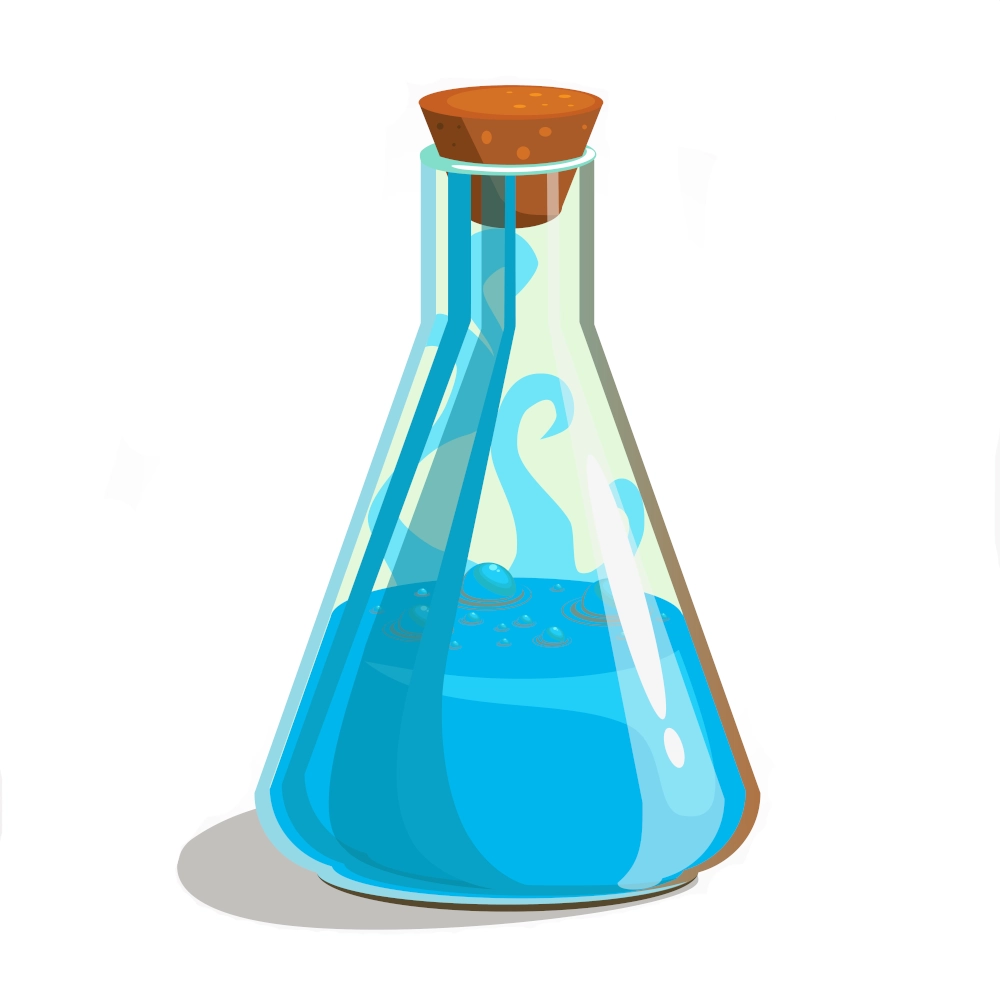
Let's experiment
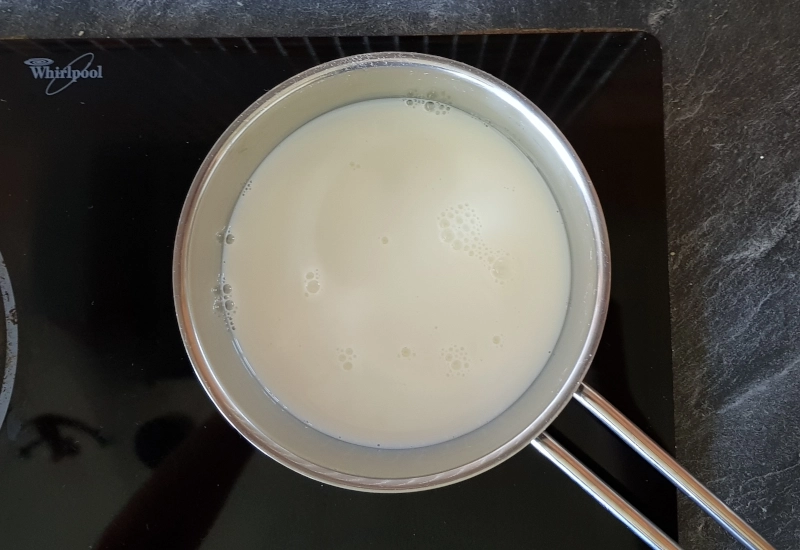
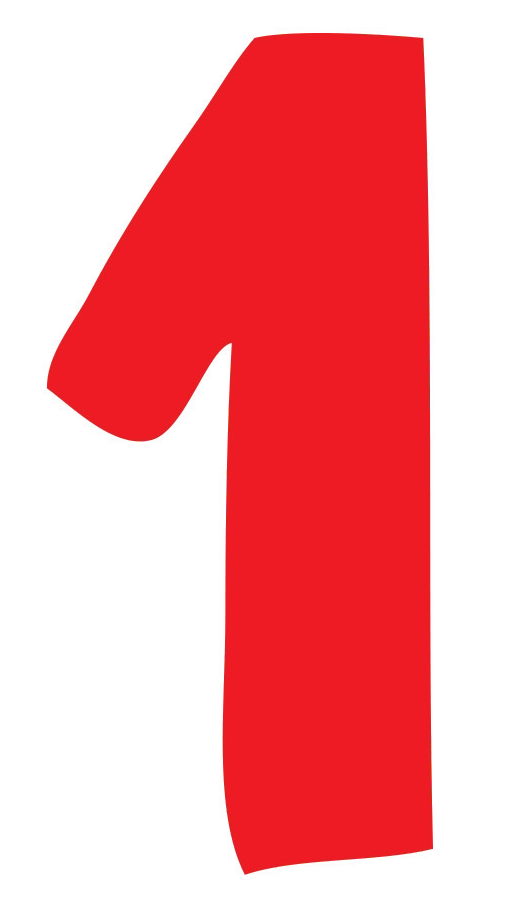
In a saucepan, heat the equivalent of a glass of milk.
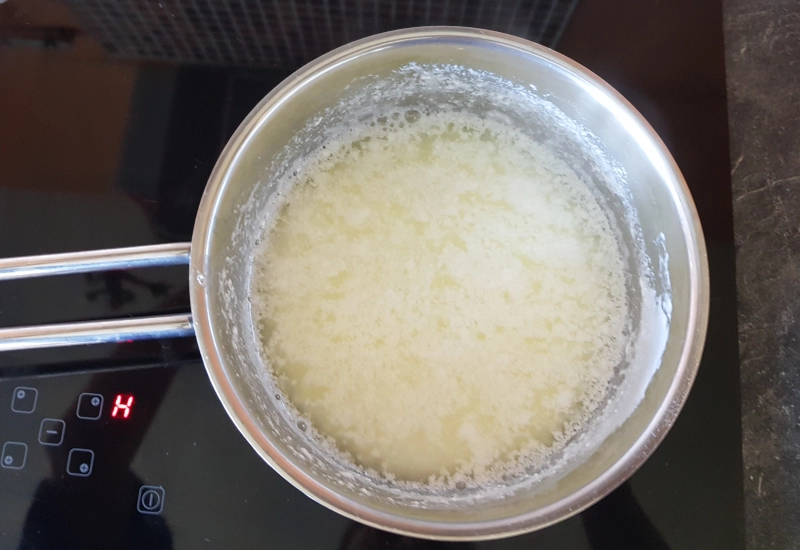
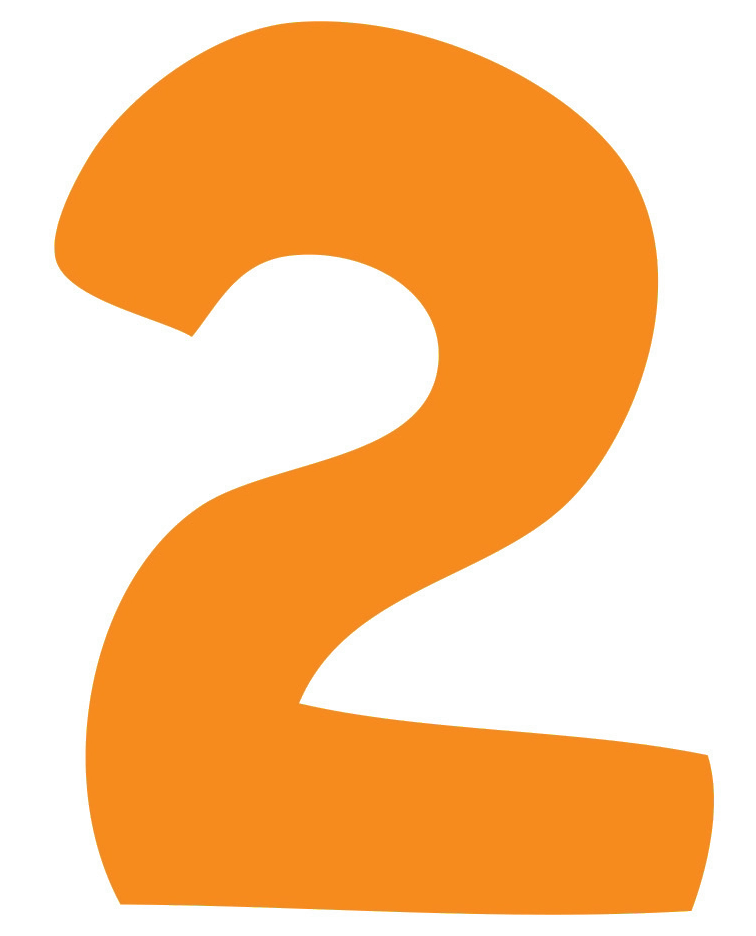
When steam rises from the pan, add 3 tablespoons of white vinegar and stir gently for 2 to 3 minutes.
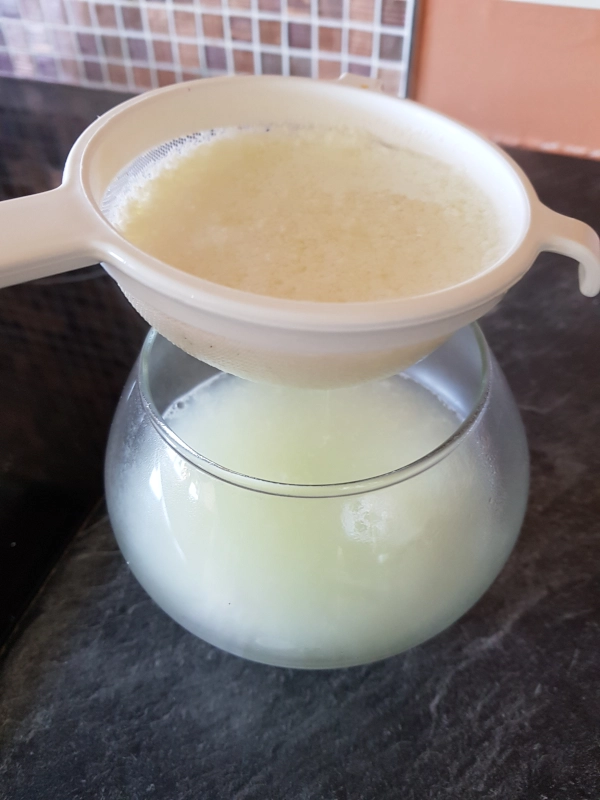

Filter the solution of milk through the cheesecloth (or through old tights).
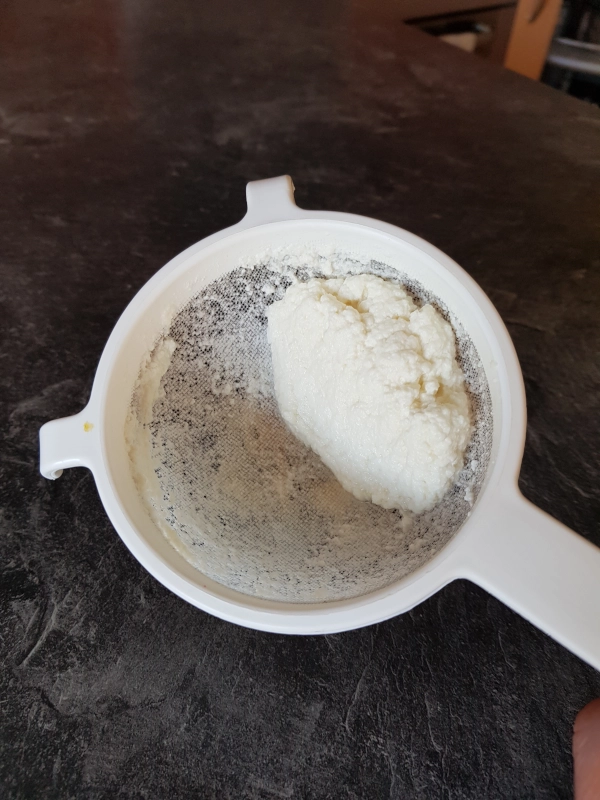

Crush properly the milk dough with a spoon to extract as much liquid as possible.
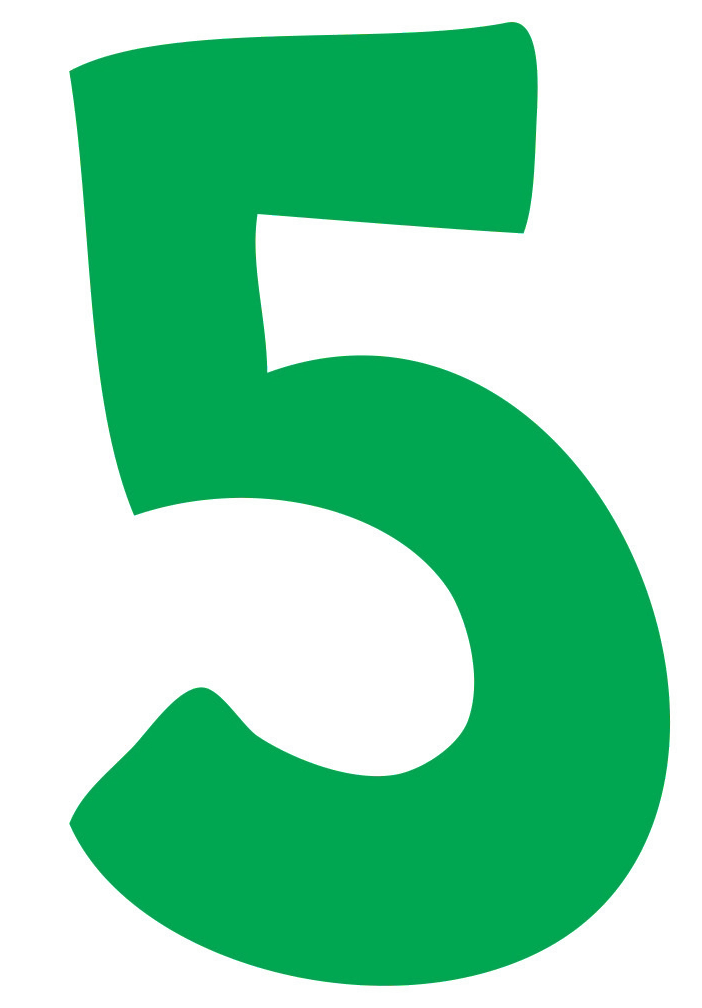
Now, you get a dough you can model at wish.
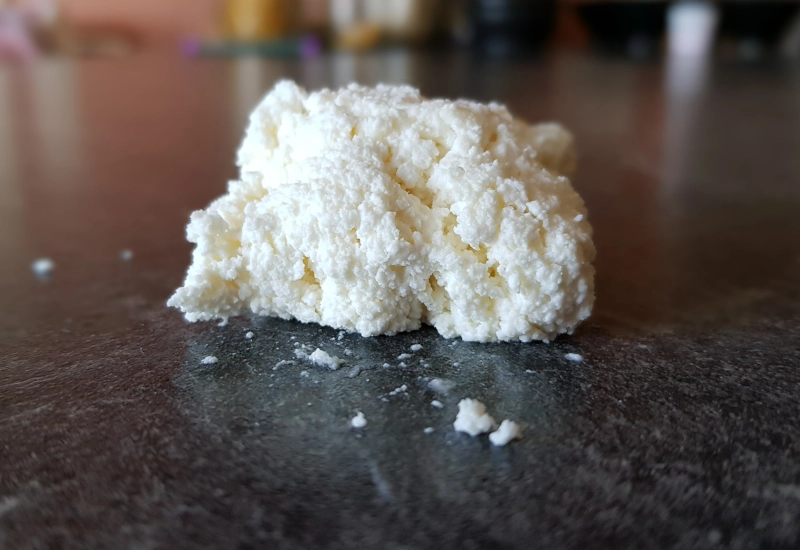
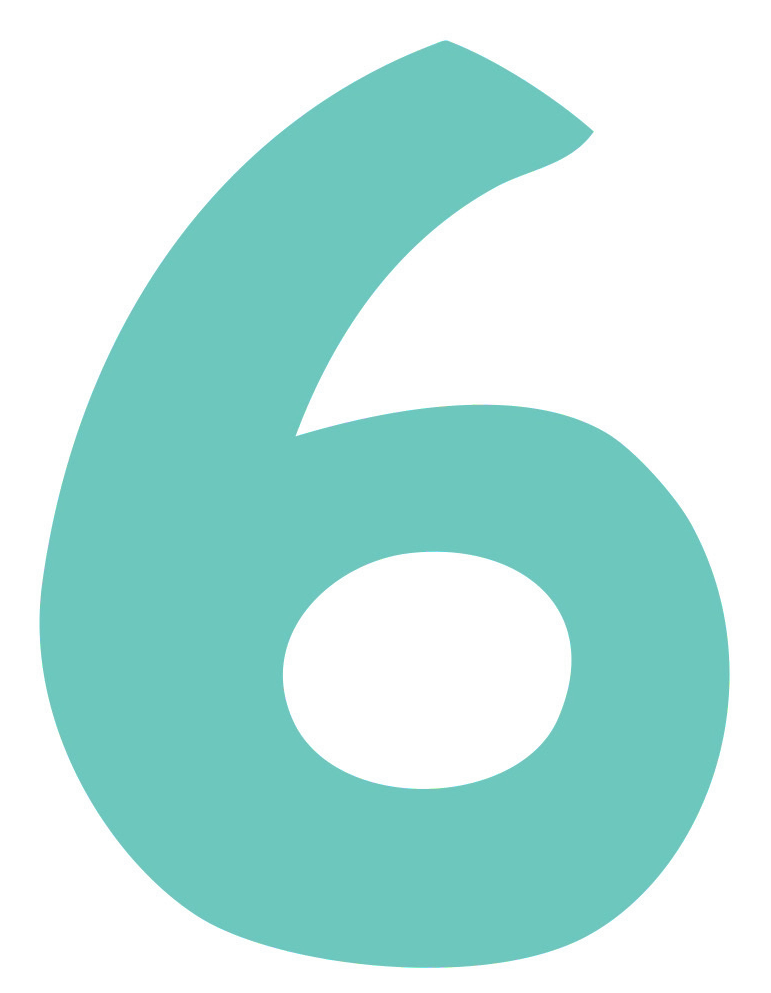
Now, it is time to have fun! Be creative and use the dough to create the shape you like.
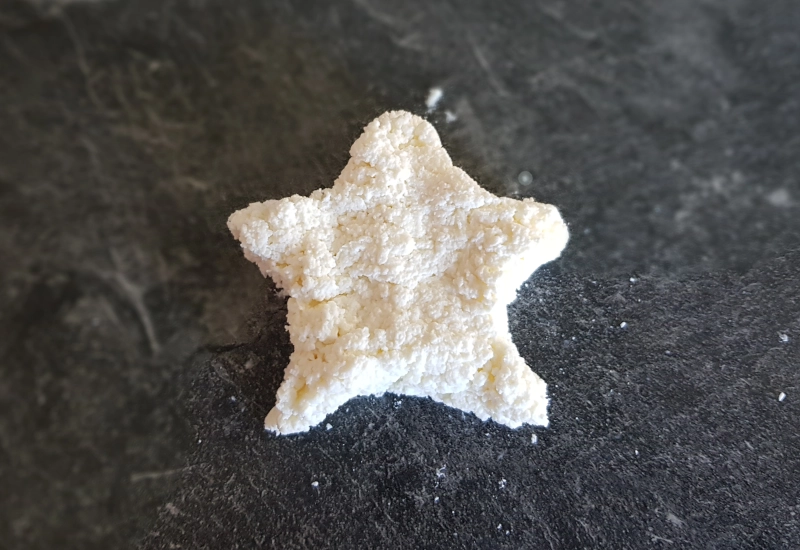
Understand the experiment
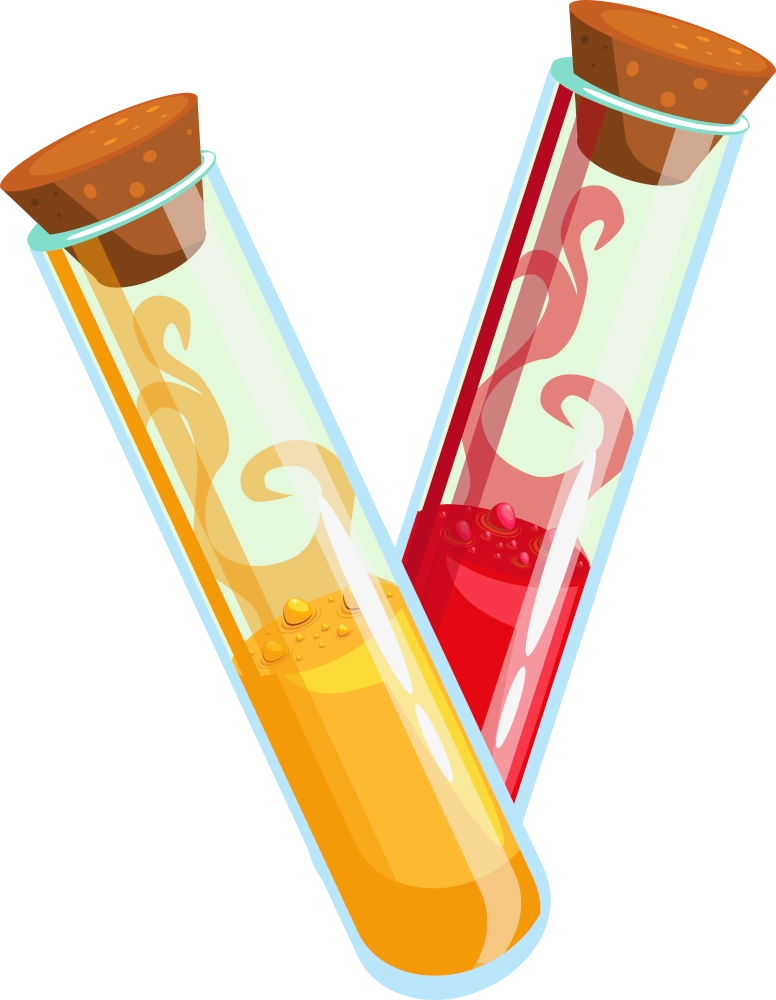
Casein, a powerful milk protein!
It’s a real chemical reaction that takes place before your eyes. In milk, there are proteins, including casein. Casein, which is a gigantic molecule, has a very specific form in water. They form all kinds of folds which make them soluble in water. When you heat and add vinegar, the acidity of the vinegar causes the casein to change shape, so it is no longer soluble in water. That’s why your milk is lumpy.
Did you know?
Buttons were made from milk.
In 1893, a researcher named Auguste Trillat found a way to recover the casein from milk to make milk stones!
It was a few years later that a German and an Austrian, Wilhelm Krische and Adolf Spitteler, patented his discovery. They will call it Galalith.
Gala comes from the Greek and means “milk” and lithos means “stone”
The Galalith will be used to make all kinds of things like buttons, the handle of umbrellas, and even white piano keys to replace the excessively expensive ivory.
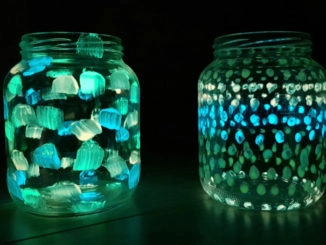
Make your phosphorescent lantern
If you are not lucky enough to observe fireflies at home, at nightfall, create this illusion yourself, by making phosphorescent lanterns. […]
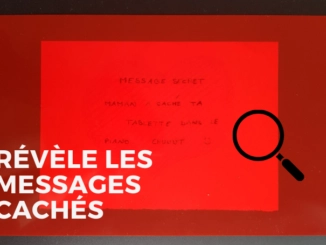
Decode messages with a red filter
Do you want to send secret messages to your friends, without anyone else being able to read it? Or even send a secret invitation to a lover? Play with light and color transmission to hide your messages. It’s your turn to play! […]
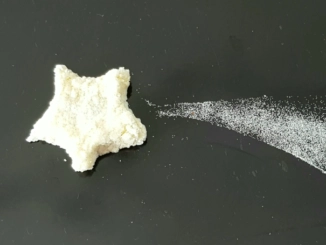
Transform milk into plastic
Did you know that plastic can also be produced from natural resources? The best example is milk! Milk proteins, huge molecules like those in plastics, can, under certain conditions, agglomerate to form a solid. […]
